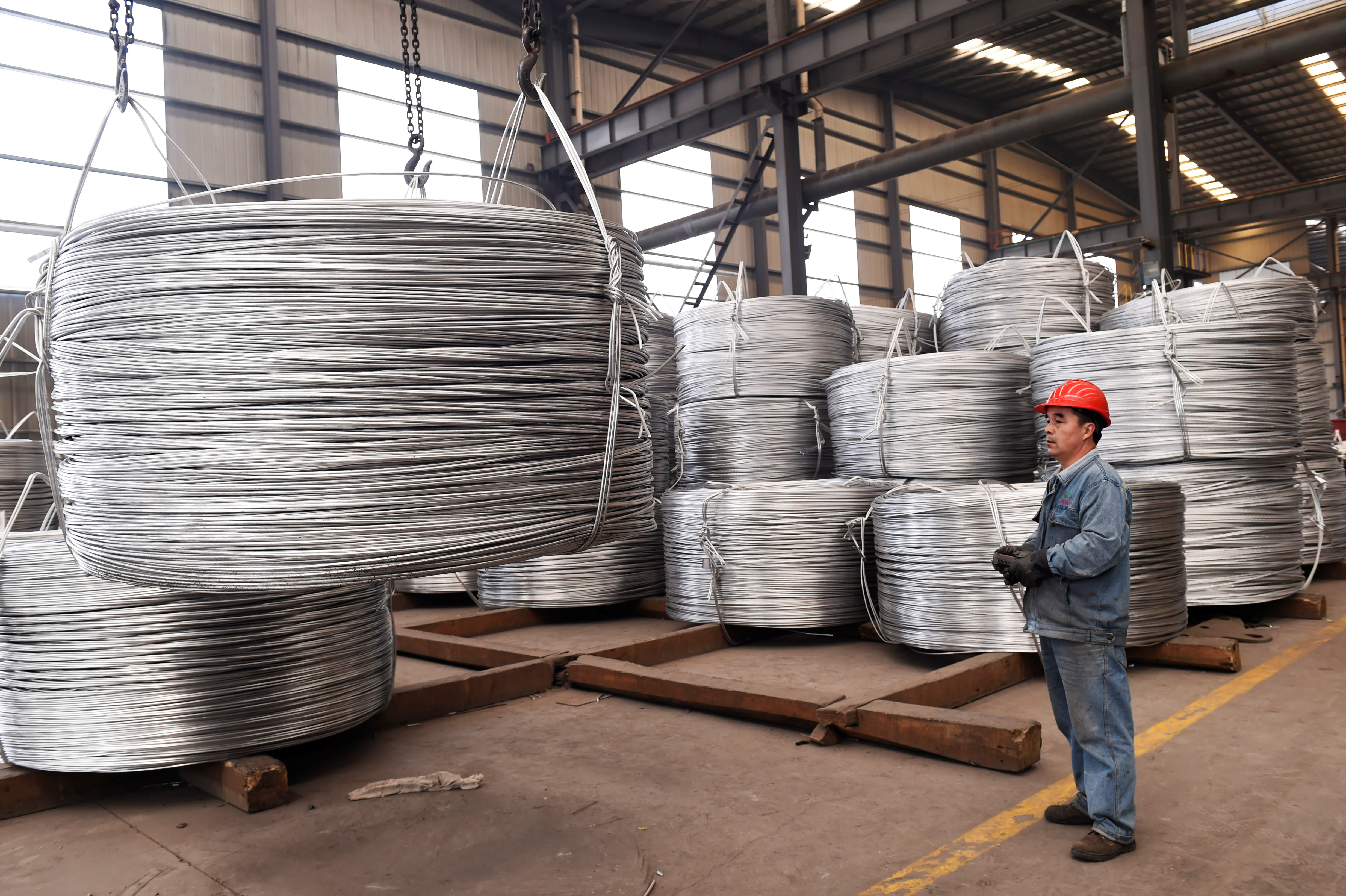Report: China is in default on US$1t in debt to US bondholders
By Surin Murugiah / theedgemalaysia.com
05 Jul 2023, 11:36 am
KUALA LUMPUR (July 5): China is reportedly currently in default on its sovereign debt held by American bondholders.
In a report on Tuesday (July 4), US newspaper and digital media company The Hill, which focuses on politics, policy, business and international relations, said a private group of American citizens holds a large quantity of these gold-denominated bonds.
The publication said this citizen-led group, the American Bondholders Foundation (ABF), serves as trustee with power of attorney for some 20,000 bondholders, whose bonds are valued at well more than US$1 trillion (RM4.6 trillion).
It added that to this day, China has had access to US capital markets while openly rejecting its sovereign debt obligations to American bondholders.
The Hill said lest anyone wonder about the age of these bonds, it is irrelevant.
What matters is that this is a sovereign obligation.
The report said that as recently as 2010, the German government made its last payment for reparations from World War I.
It said in 2015, Great Britain made payments on bond issuances that dated from the 18th century, on the return of Hong Kong to China.
It said President Joe Biden’s administration and the US Congress have a unique opportunity to enforce the well-established international rule that governments must honour their debts.
The first step would be to acquire the Chinese bonds held by the ABF and utilise them to offset (partially or in whole) the US$850 billion-plus of US treasuries owned by China (reducing up to US$95 million in daily interest paid to China). This would lower the national debt and put the US in a better financial position globally.
The second would be to pass legislation that requires China to abide by international norms and rules of finance, trade and commerce. This would include abiding by the transparency rules of capital markets and exchanges and ending its practices of exclusionary settlement, discriminatory payments, selective default and rejection of the successor government doctrine of settled international law. If China fails to meet those obligations, it would be barred, together with its state-controlled entities, from access to all US dollar-denominated bond markets and exchanges.
https://theedgemalaysia.com/node/673621
By Surin Murugiah / theedgemalaysia.com
05 Jul 2023, 11:36 am
KUALA LUMPUR (July 5): China is reportedly currently in default on its sovereign debt held by American bondholders.
In a report on Tuesday (July 4), US newspaper and digital media company The Hill, which focuses on politics, policy, business and international relations, said a private group of American citizens holds a large quantity of these gold-denominated bonds.
The publication said this citizen-led group, the American Bondholders Foundation (ABF), serves as trustee with power of attorney for some 20,000 bondholders, whose bonds are valued at well more than US$1 trillion (RM4.6 trillion).
It added that to this day, China has had access to US capital markets while openly rejecting its sovereign debt obligations to American bondholders.
The Hill said lest anyone wonder about the age of these bonds, it is irrelevant.
What matters is that this is a sovereign obligation.
The report said that as recently as 2010, the German government made its last payment for reparations from World War I.
It said in 2015, Great Britain made payments on bond issuances that dated from the 18th century, on the return of Hong Kong to China.
It said President Joe Biden’s administration and the US Congress have a unique opportunity to enforce the well-established international rule that governments must honour their debts.
The first step would be to acquire the Chinese bonds held by the ABF and utilise them to offset (partially or in whole) the US$850 billion-plus of US treasuries owned by China (reducing up to US$95 million in daily interest paid to China). This would lower the national debt and put the US in a better financial position globally.
The second would be to pass legislation that requires China to abide by international norms and rules of finance, trade and commerce. This would include abiding by the transparency rules of capital markets and exchanges and ending its practices of exclusionary settlement, discriminatory payments, selective default and rejection of the successor government doctrine of settled international law. If China fails to meet those obligations, it would be barred, together with its state-controlled entities, from access to all US dollar-denominated bond markets and exchanges.
https://theedgemalaysia.com/node/673621









